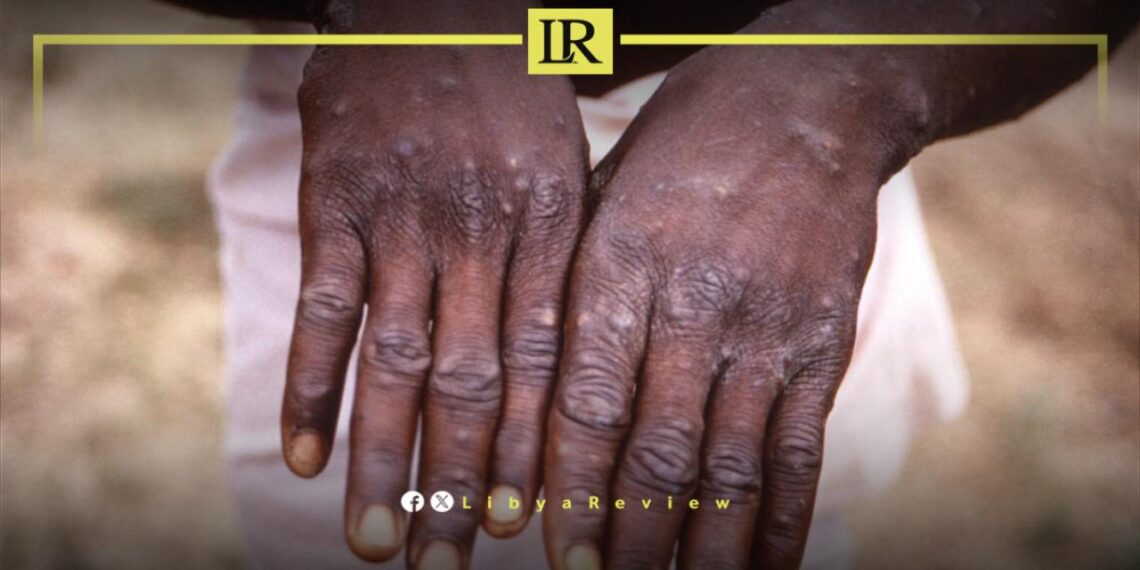Libya is facing the looming threat of a monkeypox outbreak as thousands of African migrants enter the country without undergoing any medical screenings. As a key transit point for migrants from Africa en route to Europe, Libya is particularly vulnerable to the spread of infectious diseases, including monkeypox, due to the lack of health checks at its borders.
Every year, tens of thousands of undocumented migrants cross into Libya, often facilitated by extensive smuggling networks, especially in the western regions controlled by militias. These migrants typically bypass any form of health screening, increasing the risk of diseases spreading within Libya.
The World Health Organization (WHO) recently declared monkeypox a global health emergency following a significant outbreak in the Democratic Republic of Congo (DRC) that has spread to neighboring African countries. In 2024 alone, the WHO recorded over 14,000 cases and 524 deaths across Africa, with more than 96% of these occurring in the DRC. Concerns are growing over a new strain of the virus that may spread more easily among humans.
The virus has already spread to countries such as Burundi, Kenya, Rwanda, and Uganda, leading the WHO to issue its emergency declaration. Monkeypox is primarily transmitted through close physical contact, including sexual activity and skin-to-skin contact, but can also spread through shared bedding, towels, and clothing. Symptoms include a rash, fever, swollen lymph nodes, chills, headaches, and muscle pain.
Despite the increasing threat, Libya’s National Center for Disease Control (NCDC) has so far reported no cases of monkeypox. The NCDC has assured the public that it is prepared to respond to the disease, having implemented heightened surveillance and emergency measures at all land, sea, and air entry points. The NCDC has also ensured the readiness of public health laboratories and emergency health operations throughout the country.
This comes after the African Union declared a continent-wide health emergency as monkeypox cases have been confirmed in 16 countries, some of which had not previously encountered the virus. In response, the NCDC quickly enacted urgent measures to strengthen health surveillance at Libya’s borders and increase the preparedness of rapid response teams across the country.
However, health experts warn that Libya’s fragile healthcare system could be overwhelmed if monkeypox begins to spread. The combination of unchecked migrant entry and a weakened public health infrastructure could make containing an outbreak extremely challenging.
With hundreds of unscreened migrants entering Libya daily, the risk of an imminent monkeypox outbreak is high. Should the virus take hold, Libya’s struggling healthcare system may find it difficult to manage, potentially leading to a severe public health crisis.


